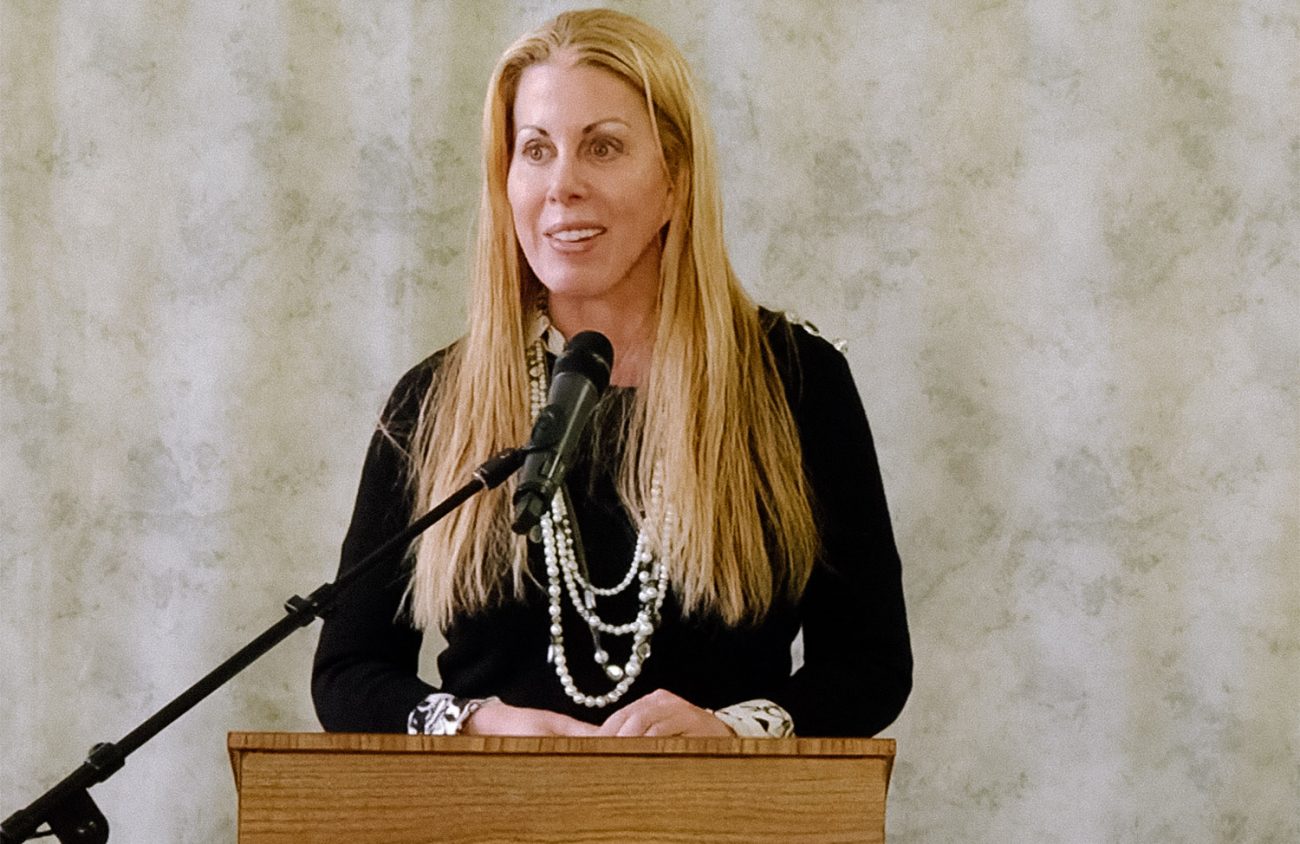It had been a labor of love from the start, and in 2017, Cara DiMarco, the Women in Transition program’s lead champion at Lane Community College for almost all of the program’s 30 years to that point, was ready to celebrate with supporters at the school.
“I grew up with the program,” she said to staff and well-wishers at an anniversary event for the program. She recalled being a 29-year-old volunteer master’s intern from the University of Oregon in 1988 and discovering what was then the Women’s Center at LCC, just six months after program’s beginning, “in a tiny cubby” with thin plywood walls. “I was transfixed. I knew I wanted to be with these women. I didn’t know what was going on, but it felt so good.”
The WIT program welcomes women from a wide range of ages and socio-economic stations, all looking to become more economically self-sufficient. No two stories are alike. There are divorced women, widows, women whose children have left the nest as well as women probing for a career change. Others go through the program to learn skills, such as writing, to help them in the community college setting.
DiMarco, the driving force of WIT, was born and raised in Springfield, retired in 2019 and died Aug. 10 of an undisclosed illness at her Eugene home. She was 64, and she leaves behind an enduring spirit of generosity and empowerment, says Lisa Rupp, a student of the WIT program in the mid 1990s and now director of Public Safety at LCC.
“She had a genuine heart, and you could tell that she was listening to you,” Rupp says. “She helped a great many people.”
Rupp says that included helping her find her path at a young age. DiMarco even officiated a commitment ceremony with Rupp and her wife in 1996 (they were formally married several years later).
“I would never trade it for anything,” Rupp says of her WIT experience. “Cara being the start made all the difference.”
Another woman who was a student of DiMarco’s in the mid-1990s was Shonna Butler, who was divorced at the time, a homemaker, and barely knew computers or the educational system. She is now an agent for Tomlin Health Insurance in Eugene and has two post-graduate degrees.
“She helped me grow up,” Butler says. “She helped me show how to be in touch with the woman I wanted to become. Cara’s a major influence in my life. I am a success story because of Cara.”
DiMarco’s listening skills in the academic setting would be needed very early on when the WIT instructor at the time, Margie Holland, left for another job. DiMarco was thrust into a teaching role with five handouts for two classes in that academic term. So she listened to her students, the women.
“I told them, ‘Here’s the handouts. We’re going to have to build this together, as women,’” DiMarco recalled in 2017. “We listened to the women.”
From there, DiMarco authored four textbooks that are used in the core WIT curriculum. Additionally, she was awarded a Wayne Morse Law Center grant in 2016 for the trauma informed learning project (which established a curriculum to study the impact of developmental trauma in higher education), won the LCC faculty recognition award twice and set up a private practice located near the UO.
All the while listening to her students and her patients, a trait that Jennifer Falzerano, dean of Student Engagement at LCC, says is continuing in the WIT program.
“It’s a very supportive program,” Falzerano says. “The purpose is for the women to find their own goals and dreams. We just need to create the right path for them.”
And while much has changed for the positive for women — a fact DiMarco noted in her 2017 speech — Falzerano believes the pandemic has made women choose between family and career, with many opting to leave their jobs.
“Societal issues are still there,” she says.
So the fight goes on, and DiMarco’s speech passed along the wisdom of her Italian immigrant grandmother, Louisa, who urged Cara DiMarco to “claim the conversation, to have the conversation nobody else was willing to start and to hold the space for the conversation until others were willing and able to join in. And that’s what this women’s staff was doing, and I went, ‘This feels like home,’ and I realized I was home.”
